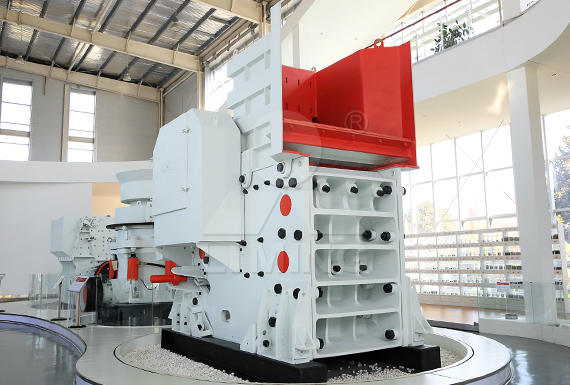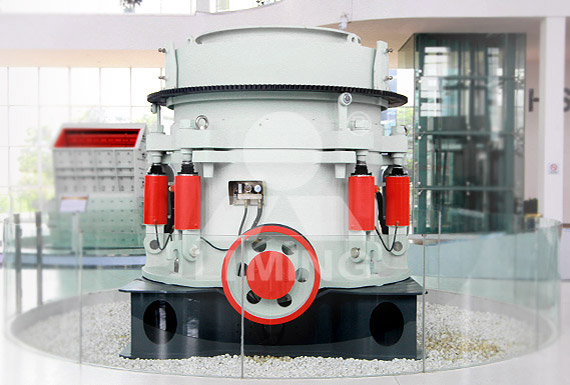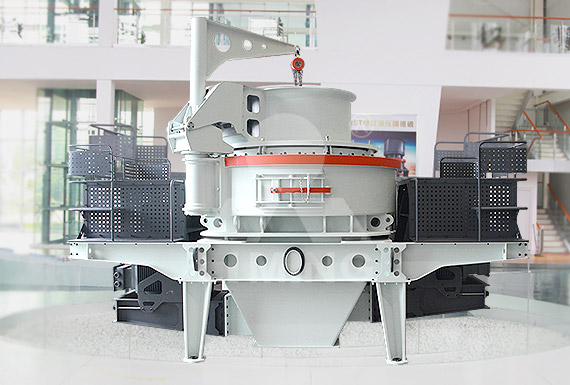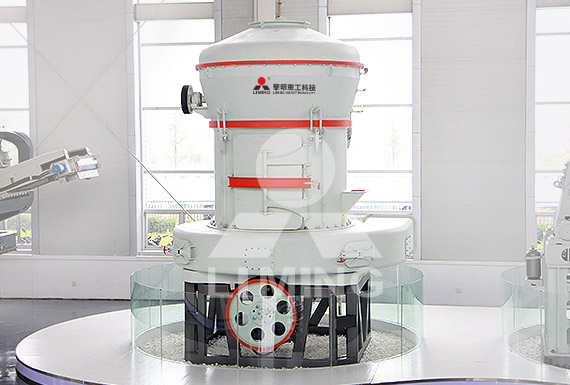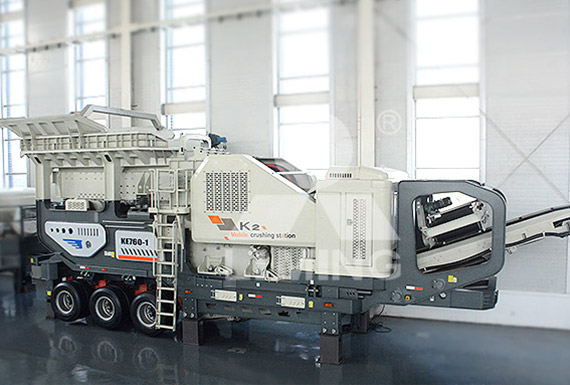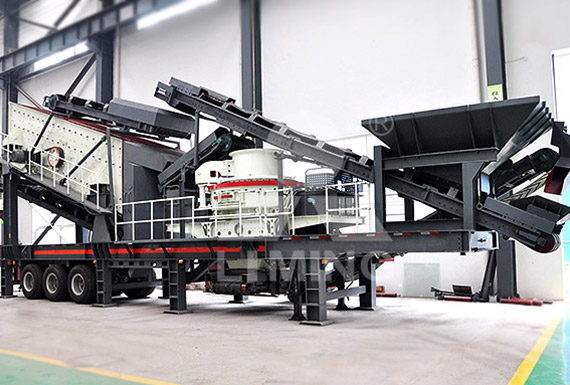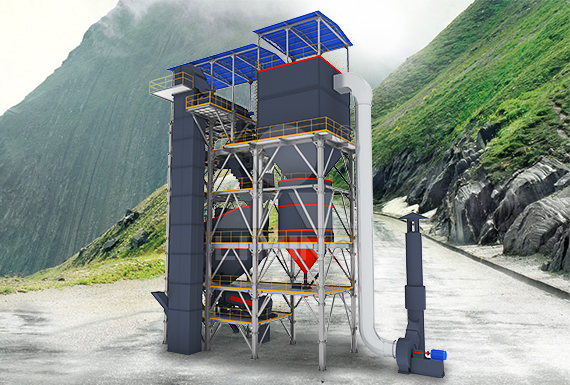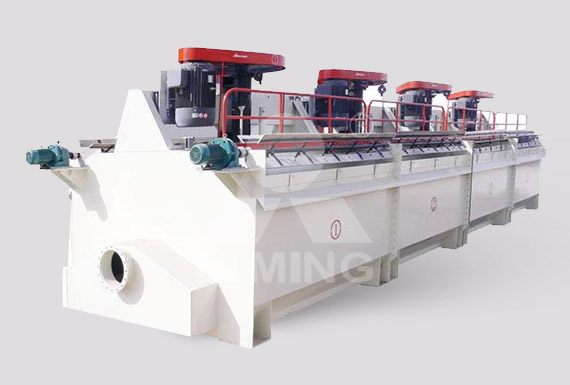المنتجات الساخنة

Sintering and Pelletizing Metso Outotec
our innovative sintering and pelletizing solutions are based on over 60 years’ experience and world-class r&d. outotec traveling grate sintering is suitable for sintering a wide range of raw materials, including iron, manganese, and ferronickel, while outotec traveling grate pelletizing and outotec grate kiln pelletizing are the
Contact
Sintering Vs Pelletising karishmasteel
sintering and pelletization of iron ore process. sintering process iron ore pelletizing world resources are estimated to be greater than 800 billion tons of crude ore containing more than 230 billion tons of iron the only source of primary iron is iron ore but before all that iron ore can be turned into steel it must go through the sintering
Contact
SINTERING AND PELLETISATION OF INDIAN IRON ORES
High grade iron ore less than 10% of the total reserves. ROM iron ore with Fe less than 58 60% discarded as waste. After beneficiation iron ore availability can improve by about 50%. Steel community and the country demand technological solutions for utilising low grade ores. The technology task that would be imperative: 1.
Contact
Iron Ore Pelletizing Process: An Overview IntechOpen
Jul 11, 2018Pellets are obtained by adding an appropriate amount of water to the iron ore concentrate; this is a fundamental factor in the formation and growth of pellets, which creates a surface tension that holds the mineral grains cohesive, thus allowing their handling [ 6, 8 ]. This cohesive tension of fine particles due to water is called neutral tension.
Contact
Iron ore sintering ScienceDirect
Jan 01, 2022Sintering process for iron ore fines Like other sintering processes, iron ore sintering converts iron ore fines of often −8 mm in size into larger agglomerates, namely sinter, between 5 and 50 mm in particle size, which possess the physical and metallurgical characteristics as well as gas permeability required for efficient blast furnace operation.
Contact
Sintering: A Step Between Mining Iron Ore and Steelmaking
Jun 11, 2019The production of high-quality sinter is crucial for assuring consistent, stable furnace productivity with a low consumption of reductants. Sinter quality begins with the mined iron ore and the proper selection and mixing of the raw materials. Inhomogeneous raw mix can affect permeability and cause an increase in fuel consumption.
Contact
Iron Ore Pelletizing Process: An Overview IntechOpen
This chapter aims to provide an overview and the evolution of iron ore pelletizing process including: Pelletizing process and raw materials Balling technologies Bonding mechanisms Evolution of binders for iron ore pelletizing Induration technologies Challenges and innovations in iron ore pelletizing 2.
Contact
(PDF) Iron Ore Sintering: Raw Materials and Granulation
Oct 28, 2016Sintering is an agglomeration process that fuses iron ore fines, fluxes, recycled products, slag-forming elements and coke. The purpose of
Contact
(PDF) Iron Ore Sintering: Process ResearchGate
Feb 16, 2017The present stone reviews the sintering process that the mixture follows, once granulated, when is loaded onto the sinter strand. There, the
Contact
US3134667A Pelletizing of iron ore for sintering Google Patents
Pelletizing of iron ore for sintering Download PDF Info Prior art keywords iron ore sintering pellet pellets concentrates Prior art date 1960-02-05 Legal status (The legal status is an assumption and is not a legal conclusion. Google has not performed a legal analysis and makes no representation as to the accuracy of the status listed.)
Contact
difference between pelletising and sintering iron ore
Feb 04, 2018Jan 24, 2021 iron ore sintering vs pelletization. pelletising and sintering of iron ore. sintering vs pelletizing iron ore Abstract Pelletization is one of useful processes for the agglomeration of iron ore or concentrat However, manganese ore fines are mainly agglomerated by sintering due to its high combined water which adversely affects the roasting performance
Contact
Iron ore pelletization ScienceDirect
Jan 01, 2015Although iron ore concentrates are generally higher in iron grade and contain lower impurities, the finer size distribution of concentrates limits their usage in iron ore sintering. Therefore, pelletizing is needed to produce fired pellets from concentrates as burden materials for blast furnaces and direct reduction processes.
Contact
Study on Sinter Iron Ores and Titanium Ores Used in Pelletizing
Feb 17, 2021Sinter iron ores and titanium ores could be used in pelletizing if they were fine-grinded. The following conclusions could be drawn from this work: 1. Bond work indexes of different sinter iron ores and titanium ores were measured, the results showed that the grinding costs of the sinter iron ores and titanium ores were not high; 2.
Contact
Pelletization an overview ScienceDirect Topics
Jan 01, 2012Similar to sintering, pelletizing is another widely used process to agglomerate the iron ore. Sinter plants are usually located near the blast furnace plant, but pelletizing plants are often located near the mining site. Some works have both pelletizing and sintering plants at the smelter sites. 1.1.3.2.2.2 Green Pellets. The ore is crushed
Contact
(PDF) Iron Ore Pelletizing Process: An Overview ResearchGate
Oct 06, 2017The iron ore pelletizing process consists of three main steps: 1. Pelletizing feed preparation and mixing: the raw material (iron ore concentrate, additives.
Contact
Iron ore pelletizing Metso Outotec
Our iron ore pelletizing systems combine the best features of both technologies to provide the most modern plant and to produce pellets at the lowest cost and highest quality. Pellet plants sized from 1.2MTPA to 9MTPA. Engineering and design of complete plants from ore receiving to pellet discharge. Supply of the main pelletizing and indurating
Contact
Iron Ore Pelletizing Process: An Overview IntechOpen
The iron ore pelletizing process consists of three main steps: 1. Pelletizing feed preparation and mixing: the raw material (iron ore concentrate, additives requiring to be agglomerated by different processes such as sintering or pelletizing. The main used reduction reactors are the blast furnace (BF) and direct reduction reactors (DR).
Contact
Iron Ore Pellets and Pelletization Process IspatGuru
Nov 26, 2014For the pelletizing of iron ore there are two main types of processes namely, the straight travelling grate (STG) process and the grate kiln (GK) process. In the STG process, a stationary bed of pellets is transported on an endless travelling grate through the drying, oxidation, sintering and cooling zones.
Contact
US4082539A Method for the preliminary treatment of materials
238000005245 sintering Methods 0.000 title claims abstract description 81; 239000000463 material Substances 0.000 title claims description 111; OKTJSMMVPCPJKN-UHFFFAOYSA-N carbon Chemical compound data:image/svg+xml; Fired iron-ore pellets having macro pores US4273575A
Contact
KOBELCO Pelletizing Process
melting and sintering coarse iron ore 1 to 3mm in size into products having a size of 15 to 30mm. The sintering process uses the combustion heat of coke to overcome radical changes in the characteristics of iron ore materials fed to the pelletizing plant, and to utilize various kinds of additives ; bentonite, hydrated lime and/or
Contact
Novel technology of reducing SO2 emission in the iron ore sintering
Jun 08, 2022PDF On Jun 8, 2022, Tiejun Chun and others published Novel technology of reducing SO2 emission in the iron ore sintering Find, read and cite all the research you need on ResearchGate
Contact
Pelletization of iron ore YouTube
Watch how Pelletization of iron ore can lead to energy savings of 126 TJ with a 50% increase in sponge iron production annually. United Nations Development P...
Contact
What is the difference between pellets and sinter? Quora
Answer (1 of 2): What is Pelletization? The process of Pelletization helps converting Iron Ore Fines into “Uniform Size Iron Ore Pellets” that can be fed in the blast furnaces or in the DRI kiln (DRI). Why Pelletization? Pelletization is the only answer to a
Contact
Advances in Sintering and Pellet Technology MDPI
Mar 28, 2022The objective of iron ore agglomeration is to generate a suitable product of granules in terms of thermal, mechanical, physical, and chemical properties. Agglomeration processes are typically of three types: pelletizing, briquetting, and sintering. Sintering is a manufacturing technology to make a wide variety of engineering materials
Contact
Iron Ore Pelletizing Process: An Overview IntechOpen
The iron ore pelletizing process consists of three main steps: 1. Pelletizing feed preparation and mixing: the raw material (iron ore concentrate, additives requiring to be agglomerated by different processes such as sintering or pelletizing. The main used reduction reactors are the blast furnace (BF) and direct reduction reactors (DR).
Contact
SeqiOlivine Improves the Sintering and Pelletizing
the blast furnace process, to the sintering of iron ore and iron ore pelletizing are the main areas. In this investigation the usefulness of the olivine mined at Greenland for sinter and pellet production was studied. The chemical analysis of the olivine from Greenland shows an olivine mineral with high fosterite content.
Contact
Iron ore pelletizing Metso Outotec
Our iron ore pelletizing systems combine the best features of both technologies to provide the most modern plant and to produce pellets at the lowest cost and highest quality. Pellet plants sized from 1.2MTPA to 9MTPA. Engineering and design of complete plants from ore receiving to pellet discharge. Supply of the main pelletizing and indurating
Contact
Pelletization of iron ore YouTube
Apr 18, 2018Watch how Pelletization of iron ore can lead to energy savings of 126 TJ with a 50% increase in sponge iron production annually. United Nations Development P...
Contact
KOBELCO Pelletizing Process
melting and sintering coarse iron ore 1 to 3mm in size into products having a size of 15 to 30mm. The sintering process uses the combustion heat of coke to overcome radical changes in the characteristics of iron ore materials fed to the pelletizing plant, and to utilize various kinds of additives ; bentonite, hydrated lime and/or
Contact
Reduction of Iron Ore Pellets, Sinter, and Lump Ore under
Mar 23, 2020This research work focuses on the reduction behavior of iron ore pellets, sinter, and lump ore in simulated BF shaft conditions where H 2 and H 2 O are present in typical CO CO 2 N 2 atmospheres. 2 Experimental Section. Sinter, lump ore, and iron ore pellets were used in experiments. The composition for all three materials is shown in Table 1.
Contact
COMPARISON OF SINTER AND PELLET USAGE IN AN
Key words: Iron ore; Pellet feed; Sintering; Pelletizing; Blast furnace. 1 Technical contribution to the 43rd Ironmaking and Raw Materials Seminar, 12h Brazilian Symposium on Iron Ore and 1st Brazilian Symposium on Agglomeration of Iron Ore, September 1st to 4th, 2013, Belo Horizonte, MG, Brazil. 2 Metallurgist Engineer. Iron Ore BU Consultant
Contact
Novel technology of reducing SO2 emission in the iron ore sintering
Jun 08, 2022PDF On Jun 8, 2022, Tiejun Chun and others published Novel technology of reducing SO2 emission in the iron ore sintering Find, read and cite all the research you need on ResearchGate
Contact
US4082539A Method for the preliminary treatment of materials
238000005245 sintering Methods 0.000 title claims abstract description 81; 239000000463 material Substances 0.000 title claims description 111; OKTJSMMVPCPJKN-UHFFFAOYSA-N carbon Chemical compound data:image/svg+xml; Fired iron-ore pellets having macro pores US4273575A
Contact
iron ore sintering and pelletizing Felona
Jan 01, 2015 Although iron ore concentrates are generally higher in iron grade and contain lower impurities, the finer size distribution of concentrates limits their usage in iron ore sintering. Therefore, pelletizing is needed to produce fired pellets from concentrates as burden materials for blast furnaces and direct reduction processes.
Contact
iron processing Ores Britannica
Iron ore sintering consists of heating a layer of fines until partial melting occurs and individual ore particles fuse together. Pelletizing. First, moistened concentrates are fed to a rotating drum or an inclined disc, the tumbling action of which produces soft, spherical agglomerates. These “green” balls are then dried and hardened by
Contact
Efficient Utilization of Carbon-Bearing Dusts in Composite
Jun 10, 2022Raw Materials. The main raw materials were iron-bearing materials, fluxes, and coke breeze, all provided by Baosteel, China. The iron-bearing materials included iron ore fine, return fine, and four types of carbon-bearing dusts (dusts A–D) which were collected from sintering plant, BF electrostatic precipitator, transportation region between raw materials plant
Contact
Pallet CarsSinter Cars Cast Steel Products
CSP is a leading worldwide supplier of pallet cars and sinter cars to OEM and the aftermarket. We have many successful working applications of CSP Pallet and CSP Sinter Cars in iron ore pelletizing and sintering plants worldwide. CSP is proud of successfully supplying thousands of units in the last 25 years. We also have developing maintenance
Contact